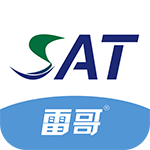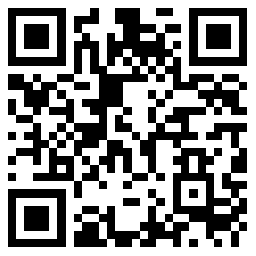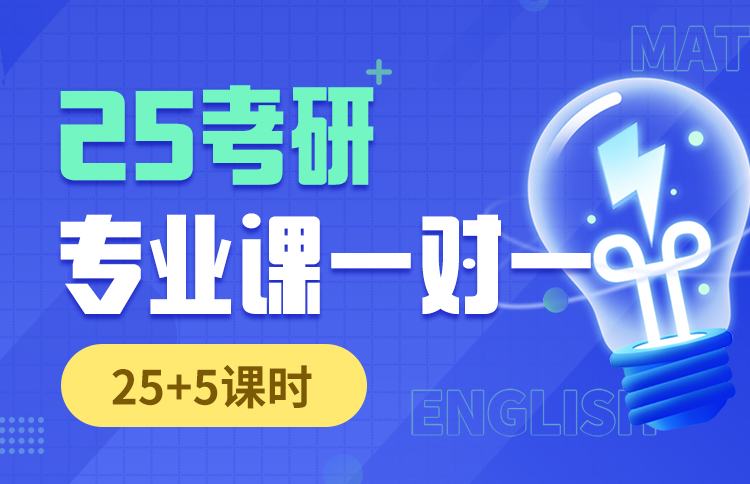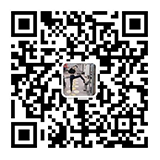Text 3
It is hard to predict how science is going to turn out and if it is really good science. It is impossible to predict. If the things to be found are actually new, they are by definition unknown in advance. You cannot make choices in this matter. You either have science or you don’t, and if you have it, you are obliged to accept the surprising and disturbing pieces of information, along with the neat and promptly useful bits.
The only solid piece of scientific truth about which I feel totally confident is that we are profoundly ignorant about nature. Indeed, I regard this as the major discovery of the past hundred years of biology It is, in its way, an illuminating piece of news. It would have amazed the brightest minds of the 18th century Enlightenment to be told by any of us how little we know and how bewildering seems the way ahead. It is this sudden confrontation with the depth and scope of ignorance that represents the most significant contribution of the 20th century science to the human intellect.
In earlier times, we either pretended to understand how things worked or ignored the problem, or simply made up stories to fill the gaps. Now that we have begun exploring in earnest, we are getting glimpses of how huge the questions are, and how far from being answered. Because of this; we are depressed. It is not so bad being ignorant if you are totally ignorant; the hard thing is knowing in some detail the reality of ignorance, the worst spots and here and there the not-so-bad spots, but no true light at the end of the tunnel nor even any tunnels that can yet be trusted.
But we are making a beginning, and there ought to be some satisfaction. There are probably no questions we can think up that can’t be answered, sooner or later, including even the matter of consciousness. To be sure, there may well be questions we can’t think up, ever, and therefore limits to the reach of human intellect, but that is another matter. Within our limits, we should be able to work our way through to all our answers, if we keep at it long enough, and pay attention.
35. The author believes that

















 预约成功!
预约成功!
















